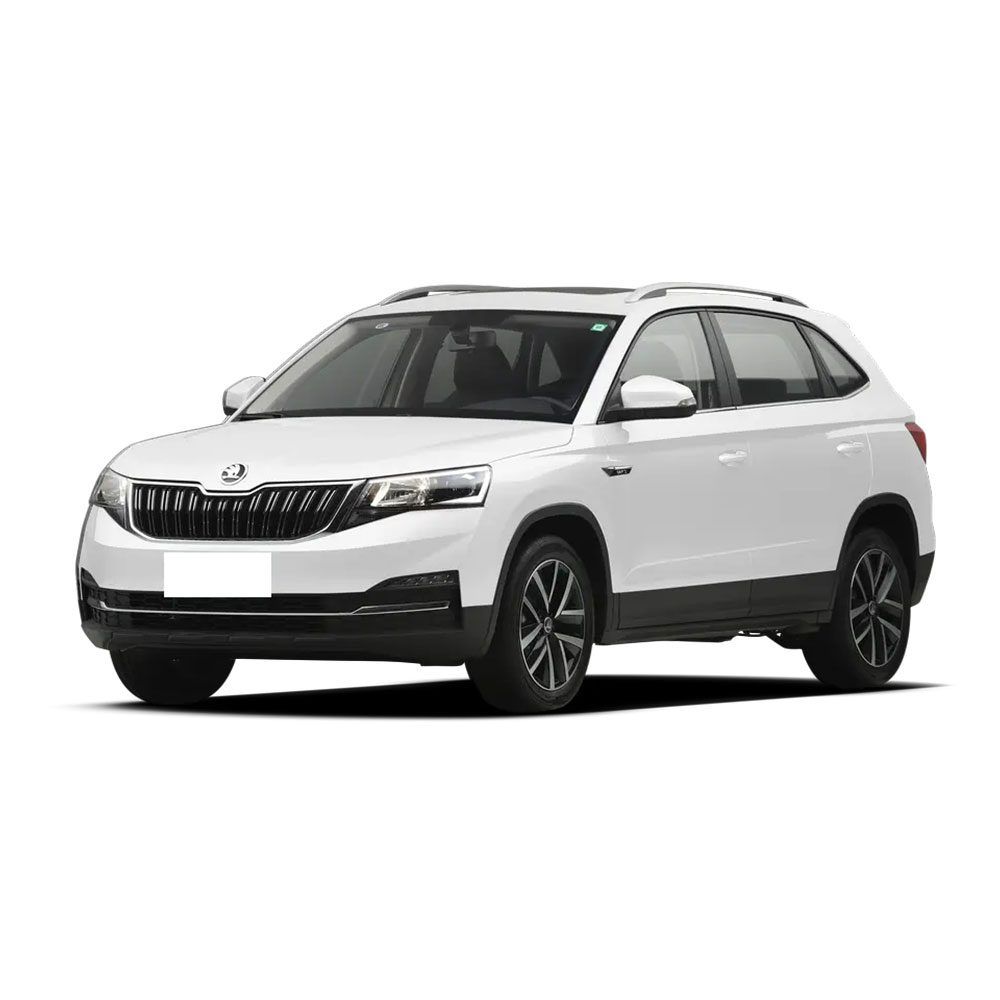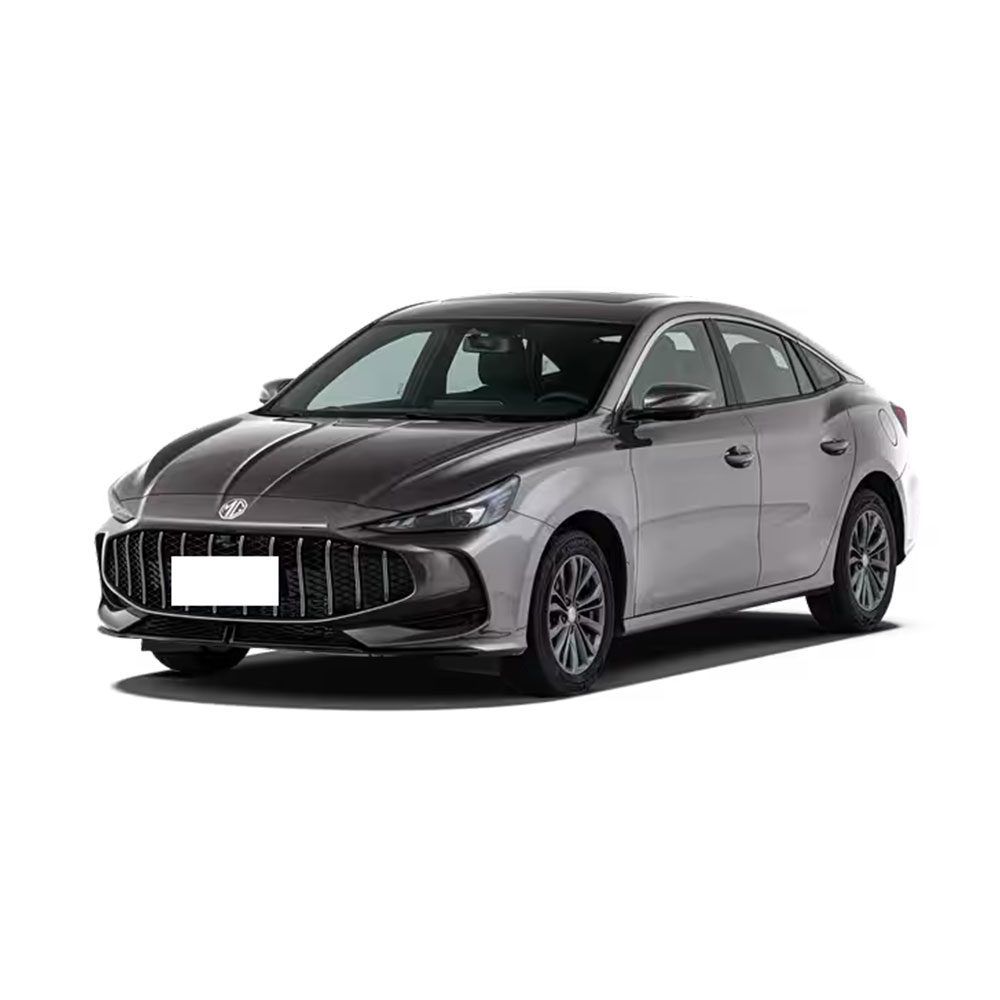Car Import Tax in Nigeria: What Buyers Must Know
- I. Nigeria’s Automobile Tariff Structure
- II. Nigeria’s Used Vehicle Import Policy
- III. Localized Production Incentive Policies
- IV. Special Electric Vehicle Incentives
- V. Nigeria Automobile Import Duty Calculation Method
- VI. Methods to Reduce Nigeria Automobile Import Duties
- VII. Clearance Process & Core Documents
- Feel Free To Contact Us Anytime
What are Nigeria’s latest automobile import taxes in 2025? How to calculate Nigeria’s automobile import customs duties? How long does customs clearance take? These are questions many buyers planning to import vehicles to Nigeria want to know. Today, Ahcarsale provides detailed answers to these questions, hoping to assist everyone.

I. Nigeria’s Automobile Tariff Structure
Nigeria adopts a “Basic Duty + Additional Taxes” model, with 2023 policies extended to 2025:
- Basic Duty:
Passenger vehicles: 20%; Commercial vehicles/buses: 10%.
Local assembly plant imports:
Complete Completely Knocked Down (CKD): Zero duty
Semi Knocked Down (SKD): 5%.
- Import Adjustment Tax (effective 2023):
| Engine Displacement | Tax Rate | Applicable Vehicles |
| ≤2000cc | 0% | EV, buses |
| 2000cc–3999cc | 2% | Sedans, SUV |
| ≥4000cc | 4% | Luxury cars, high-displacement models |
- Other Mandatory Taxes:
National Automotive Council Tax (NAC): 15%;
Value-Added Tax: Levied at 7.5% on (Vehicle value + Duty + NAC);
Additional Fees: 7% + ECOWAS Trade Levy (ETL): 0.5%.
II. Nigeria’s Used Vehicle Import Policy
- Age Limit: Import of used vehicles manufactured over 12 years ago is prohibited (HS Code 8703).
- Compliance Requirements:
Must meet right-hand drive, Euro IV emission standards;
Provide source documents like de-registration certificate and lien-free declaration from country of origin.
- Hidden Costs:
SONCAP certification fee (≈18% of vehicle value);
Port service fee (1%) + Bank handling fee (3%).
Risk Warning: Customs strictly verifies VIN and engine numbers; document discrepancies will cause port delays (daily storage fee ≈$50).
III. Localized Production Incentive Policies
To attract manufacturing investment, the Nigerian government offers dual incentives:
Tariff Leverage: CKD/SKD components taxed at 0%-5%, far lower than whole-vehicle rates;
Foreign Investment Support: Eligible enterprises may apply for Nigeria Investment Promotion Commission (NIPC) subsidies and enjoy 35% preferential whole-vehicle duty rates within quotas.
Controversy: In 2021, duties were temporarily reduced to 5% (10% for trucks), but were reversed after strong opposition from local manufacturers (e.g., Peugeot Nigeria warned of “local factory bankruptcy risks”).
IV. Special Electric Vehicle Incentives
Duty Exemptions:
EVs ≤2000cc exempt from adjustment tax;
EV import duties canceled from January 2024 (hybrid/range-extender policies pending clarification).
Certification Requirements: Must pass NEPA energy efficiency certification and enjoy a 3-year tax incentive period.
V. Nigeria Automobile Import Duty Calculation Method
Per Nigeria Customs regulations, import duties adopt a “compound tax system” based on CIF value plus multiple taxes. Detailed calculation steps and example (using a $20,000 CIF sedan, 3000cc):
- Tax Components & Formulas
Major automobile import taxes include:
Basic Duty: 20% (standard passenger vehicle rate)
Adjustment Tax: 2% (2000cc–3999cc displacement)
NAC Tax: 2% × CIF value
VAT: 7.5% × (CIF value + Basic Duty + NAC + Other taxes)
Port Surcharge: 7% × Basic Duty
ETL: 0.5% × CIF value
Administration Fee: 1% × FOB value (usually estimated at 90% of CIF value)
Note: CIF value = Goods cost (FOB) + International freight + Insurance.
Total Taxes = Basic Duty + Adjustment Tax + NAC + Surcharge + VAT + ETL + Administration Fee
- Calculation Process Example
Assumptions:
Vehicle CIF value = $20,000
Displacement = 3000cc (applies 2% adjustment tax)
FOB value estimated at 90% of CIF value = $18,000
| Tax Type | Calculation Formula | Amount (USD) | Explanation |
| 1. Basic Duty | 20% × $20,000 | $4,000 | Standard passenger vehicle rate |
| 2. Adjustment Tax | 2% × $20,000 | $400 | 2000cc–3999cc bracket |
| 3. NAC Tax | 2% × $20,000 | $400 | Levied on CIF value |
| 4. Port Surcharge | 7% × $4,000 (Basic Duty) | $280 | Duty surcharge |
| 5. Administration Fee | 1% × $18,000 (FOB value) | $180 | |
| 6. ETL | 0.5% × $20,000 | $100 | |
| Subtotal (excl. VAT) | Sum of items 1–6 | $5,360 | |
| 7. VAT | 7.5% × ($20,000+$4,000+$400+$5,360) | $2,232 | VAT base = CIF + Duty + NAC + Other taxes |
| Total Taxes | $5,360 + $2,232 | $7,592 | 37.96% of CIF value |
Key Considerations
- Hidden Costs:
SONCAP certification fee: ≈18% of vehicle value (mandatory for used vehicles), ≈$3,600 in this example;
Port delay fee: ≈$50/day if documents incomplete.
- Exchange Rate Risk:
Taxes paid in Naira; Naira depreciation may increase actual costs (recommend RMB settlement + forward hedging).
VI. Methods to Reduce Nigeria Automobile Import Duties
- Utilize Localization Policy:
Import components via CKD/SKD mode (0%-5% duty), reducing tax burden by >30% vs whole vehicles.
- Pre-clear Documents:
Ensure certificates of origin, pre-shipment health certificates (issued within 14 days) are complete to avoid port delay losses.
- Choose AEO Channel:
Qualified enterprises enjoy expedited clearance (3-5 days vs standard 28-42 days).

VII. Clearance Process & Core Documents
Clearance takes ≈28-42 days. Key steps:
Pre-approval: Verify vehicle age, emissions, steering position.
Submit Documents:
| Document Type | Requirements |
| SONCAP Certification | Mandatory quality standard; apply 3 months in advance |
| Certificate of Origin (CCVO) | Requires dual notarization by Nigerian Embassy in China |
| Pre-shipment Health Cert | Issued within 14 days before shipment |
E-Declaration: Submit via Nigeria Single Window System (NCS Portal).
Inspection & Tax Payment: Joint customs-SON on-site verification; collect goods after tax payment.
Attachment:
Nigeria Customs Tariff Schedule>>>
Official Answers to Frequently Asked Questions about Importing into Nigeria>>>





